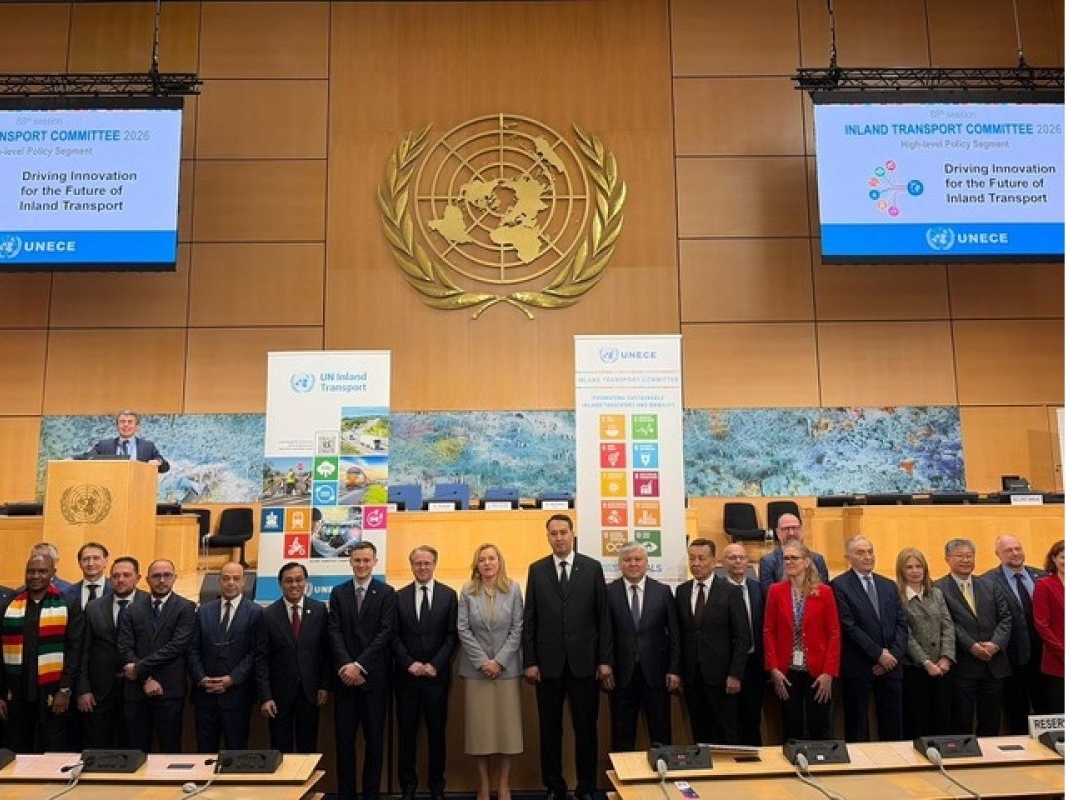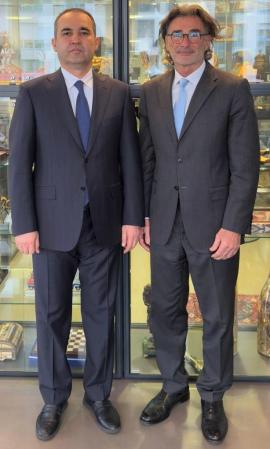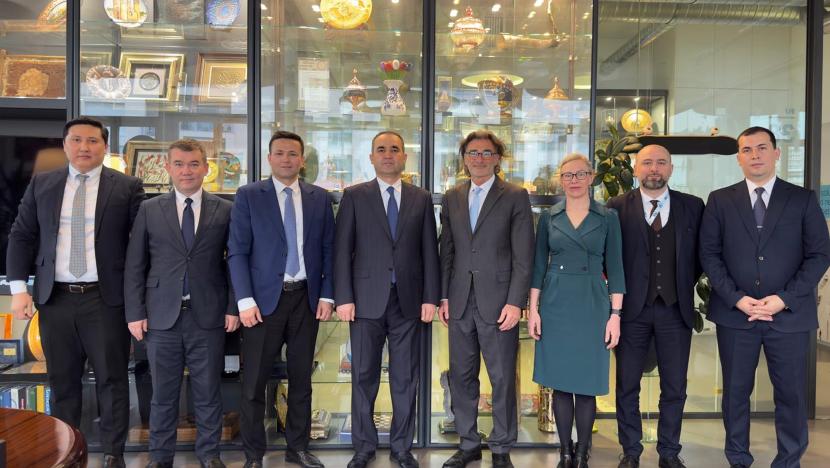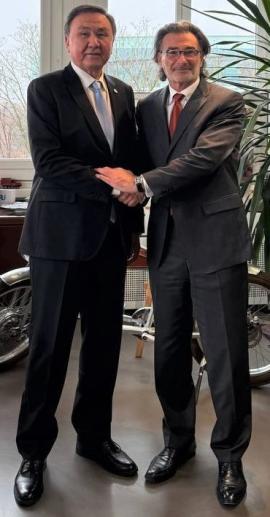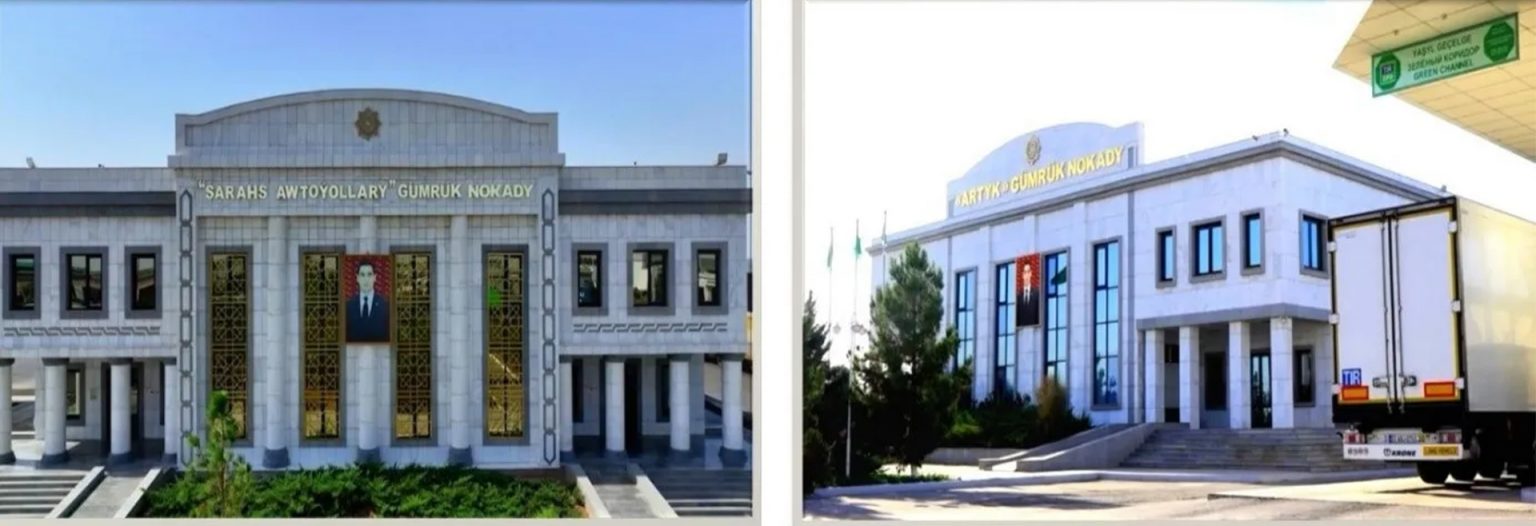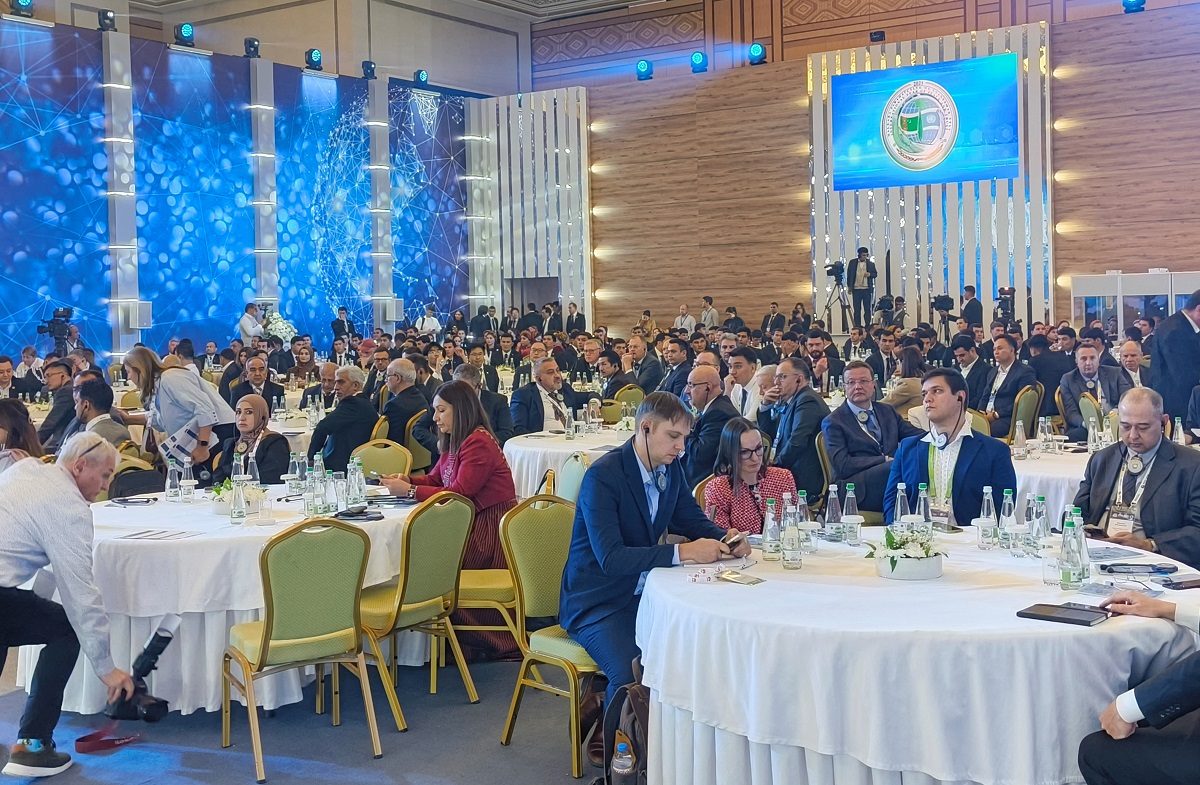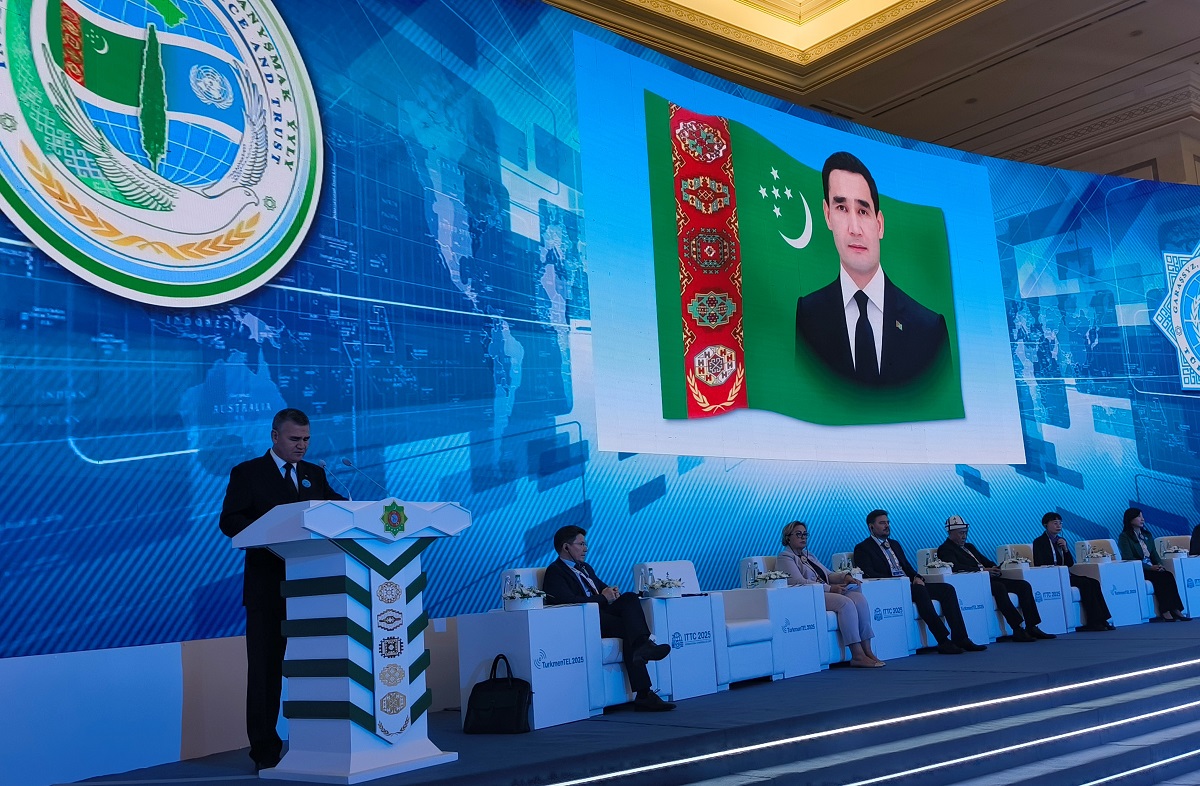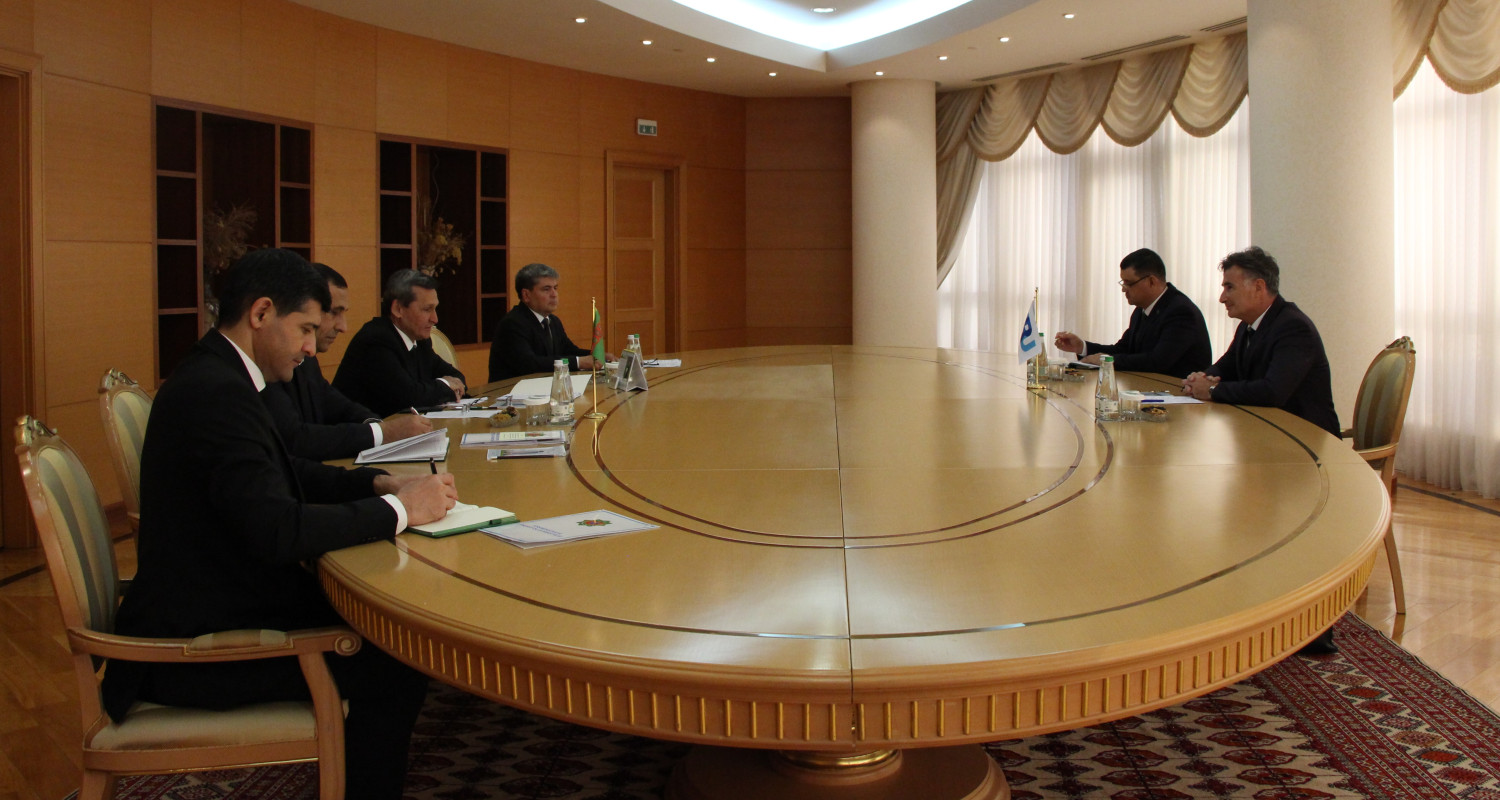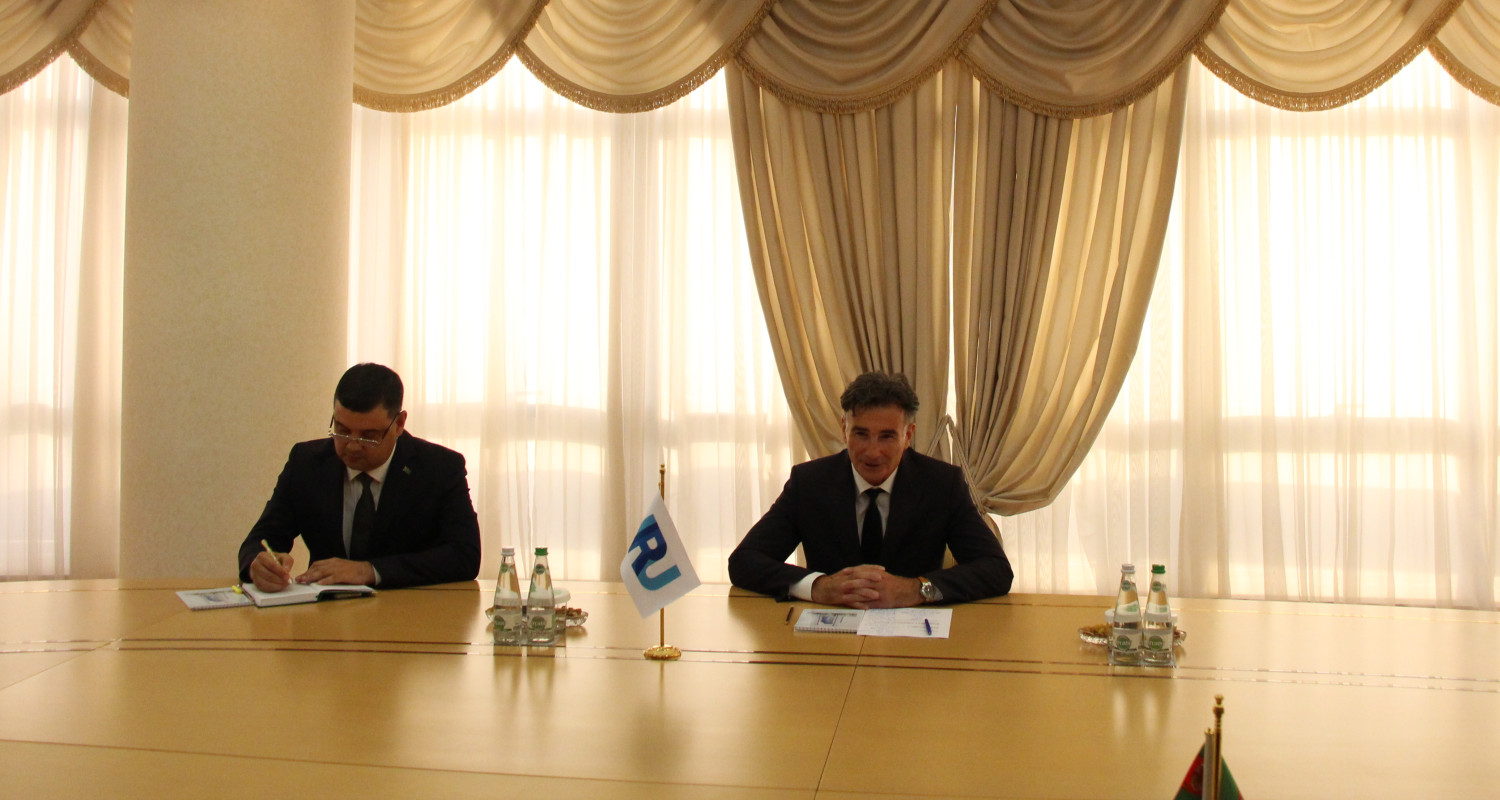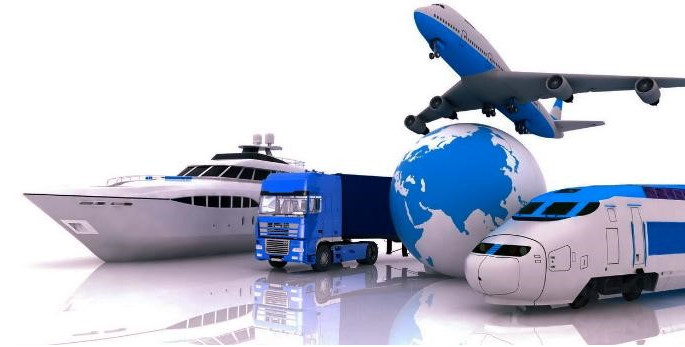
IRU marks the 70th anniversary of the Convention on the Contract for the International Carriage of Goods by Road (CMR) – a cornerstone of international road transport law.
The CMR Convention is a testament to what the United Nations, governments and the private sector can achieve by working together.
Since its signing in Geneva in 1956, the CMR Convention has provided the clarity, fairness and legal certainty needed for road transport operators to move goods seamlessly and expand their services – revolutionising freight transport. CMR supports economies and strengthens the very fabric of international trade.
IRU President Radu Dinescu said, “For IRU, CMR’s 70th anniversary carries special meaning. From the very beginning, we have worked hand in hand with governments and international institutions to ensure that the CMR Convention is not only respected but truly lived in daily operations. It is now time to cement the digital era of consignment notes with the widespread rollout of eCMR, ensuring faster, trackable and even more secure digital trade.”
UNECE Executive Secretary Tatiana Molcean said, “CMR is the backbone of transparent and efficient international road freight, ensuring legal clarity, reliability and consistency across borders. After seven decades, it remains one of the most widely applied international transport conventions, bridging all modes of transport and industry actors to facilitate global supply chains and the everyday movement of essential goods.”
The future
The next chapter for CMR lies in the digitalisation of the consignment note.
eCMR is making road transport more transparent, secure and sustainable. It reduces handling costs by three to four times; accelerates invoicing and administration with reduced data entry; lessens delivery and reception discrepancies; enhances data accuracy; enables better control and monitoring of shipments; and provides real-time access to information and proof of pick-up and delivery.
IRU embraces this digital future and is working with governments to support and drive forward the next era of international road transport.

